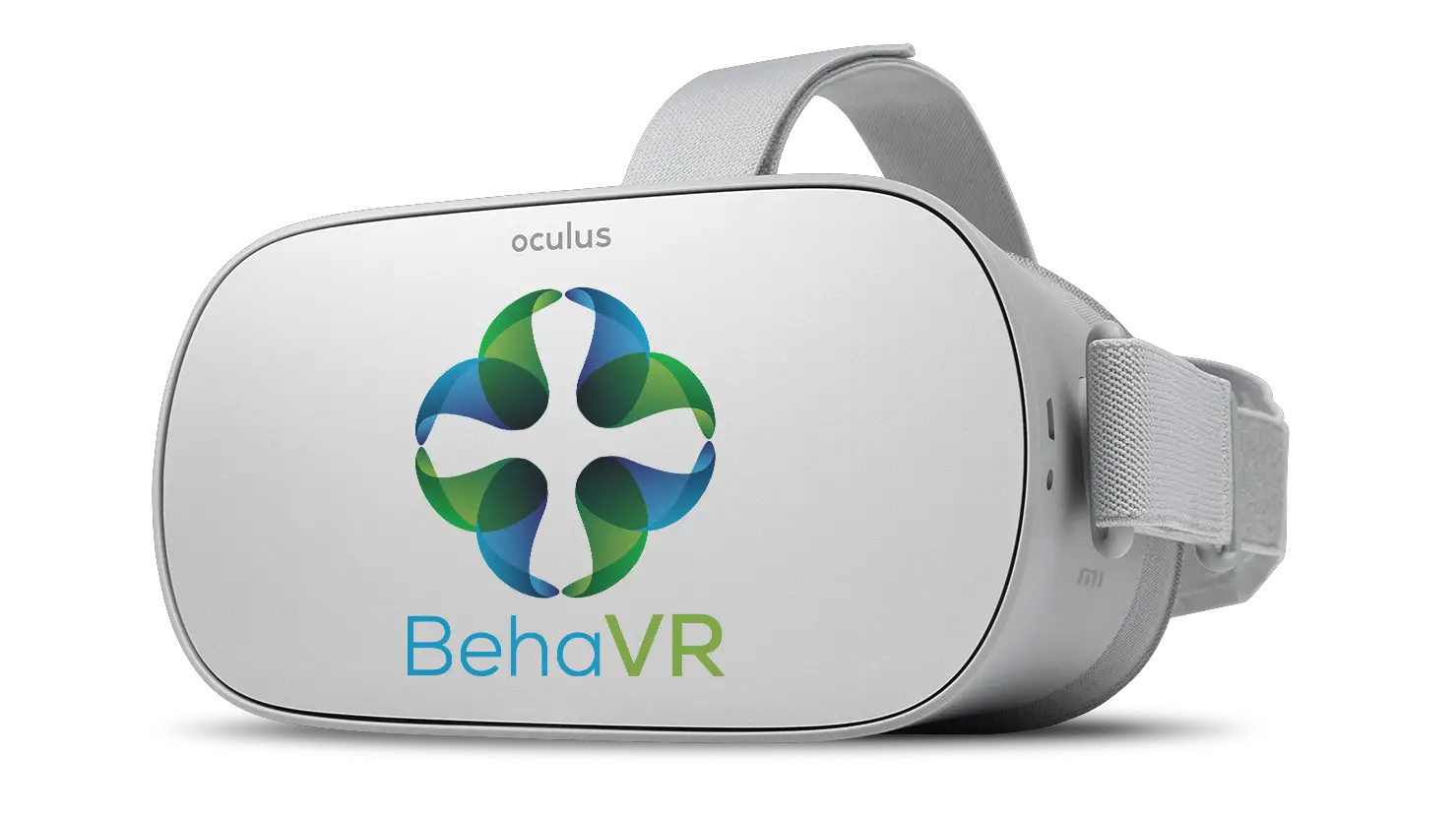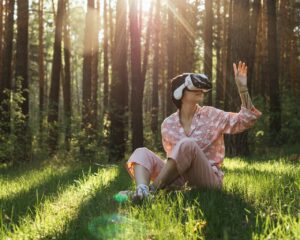BehaVR, an innovator of VR digital wellness and therapeutics experiences, has announced that it has formed a partnership to leverage virtual reality experiences to cater to critical unmet needs in SAD (social anxiety disorder). BehaVR has partnered with Sumitomo Dainippon Pharma to develop a general wellness product that uses virtual reality to support in the management of social anxiety disorder for use in the US.
“Decades of research have shown that VR is a powerful way to augment traditional cognitive behavioral therapies — including exposure, arousal reduction, active coping, and emotion regulation — which are often used to treat SAD.” “BehaVR’s technology platform expands on VR’s capability, using real-time biometrics and machine learning to personalize the experience. We believe this offers new possibilities in addressing SAD, and we are excited to explore these possibilities and ultimately bring to market a product that has the potential to change the lives of millions.” Dr. Peter Buecker, Chief Medical Officer of BehaVR.
According to the Social Anxiety Association, SAD is the third largest mental health ailment and is considered to affect at least seven percent of the population (17+ million people in the US alone.) Intense, persistent fear of being scrutinized and judged by other people, social anxiety disorder is often identified by rapid heart rate, feeling nauseous, being around other people, trembling, having difficulty speaking, or sweating.
“Virtual reality has the potential to make good care and management for social anxiety disorder more accessible to people around the world.” “Many with SAD do not receive any support in managing their condition because there is a shortage of behavioral health professionals where they live, they cannot afford it, or their previous attempts at treatment haven’t worked.” – Aaron Gani, founder and CEO of BehaVR.
“This is a truly exciting time, with the convergence of technologies today, we are now able to make accurate and objective assessments of an individual’s mood state and cognitive function, instead of relying on inaccurate, subjective self-reported measurements. This approach allows us to develop new and powerful therapies that will provide effective solutions for any number of behavioral and mental health issues.” – Walter Greenleaf, Ph.D., of Stanford University and Chair of BehaVR’s Scientific Advisory Board.
BehaVR anticipates the virtual reality product will come to market in the US by 2022.




